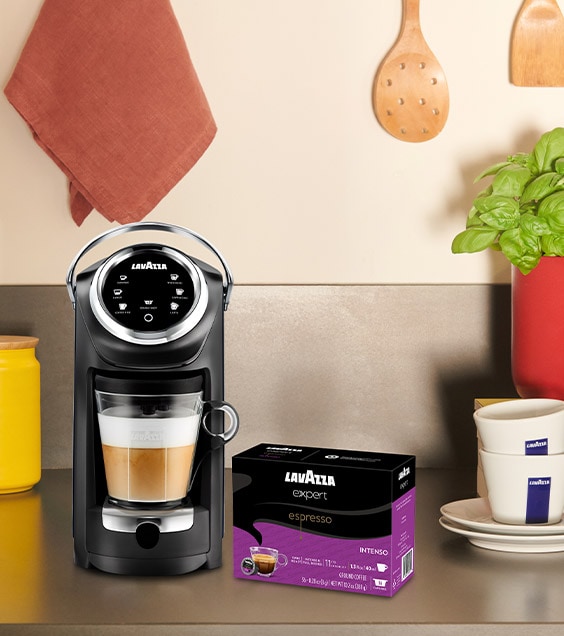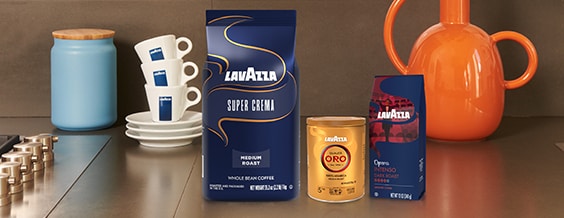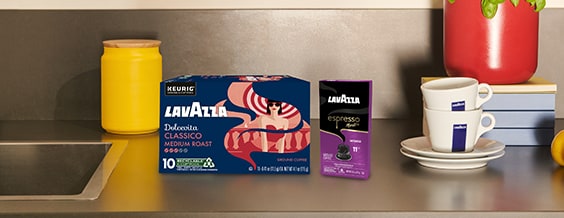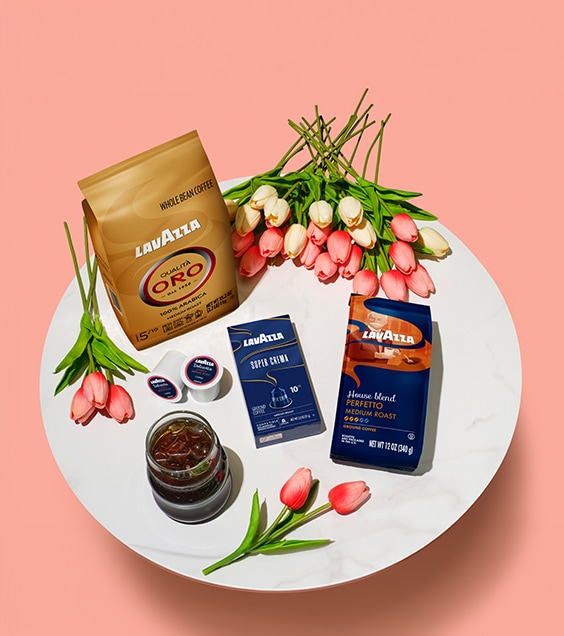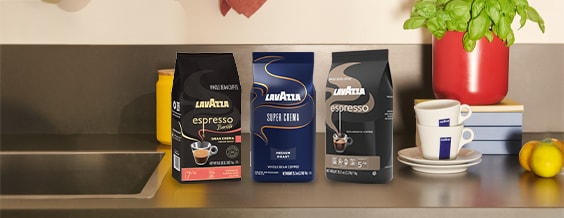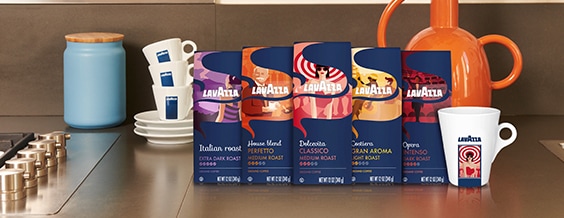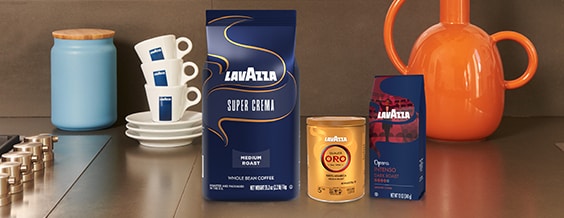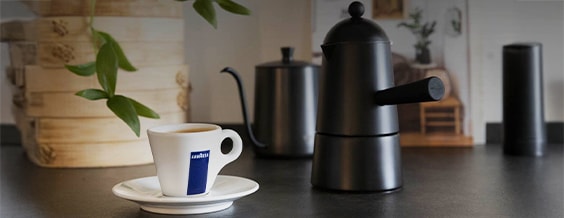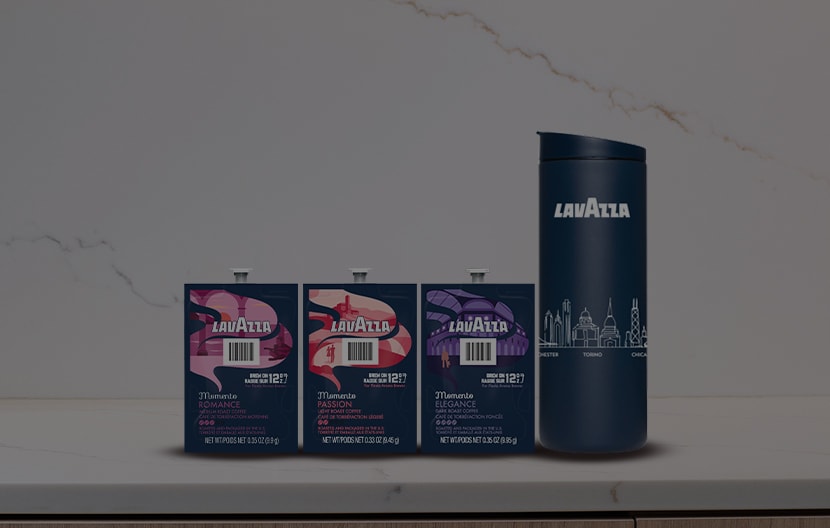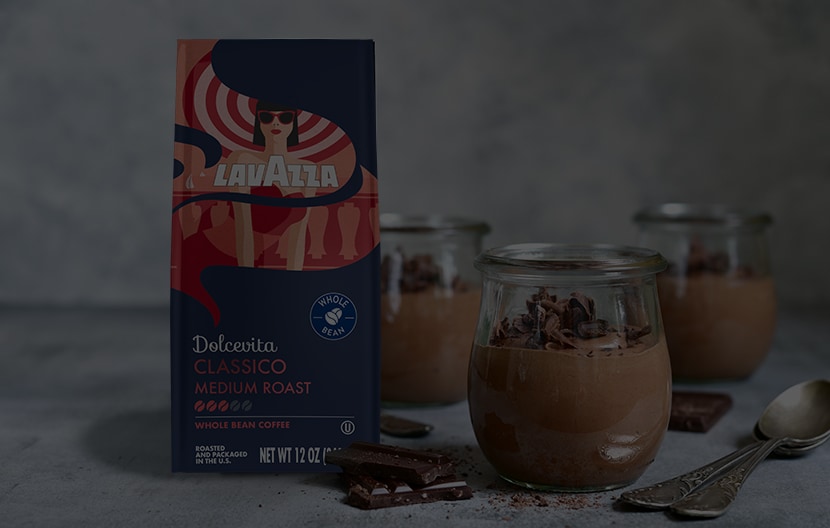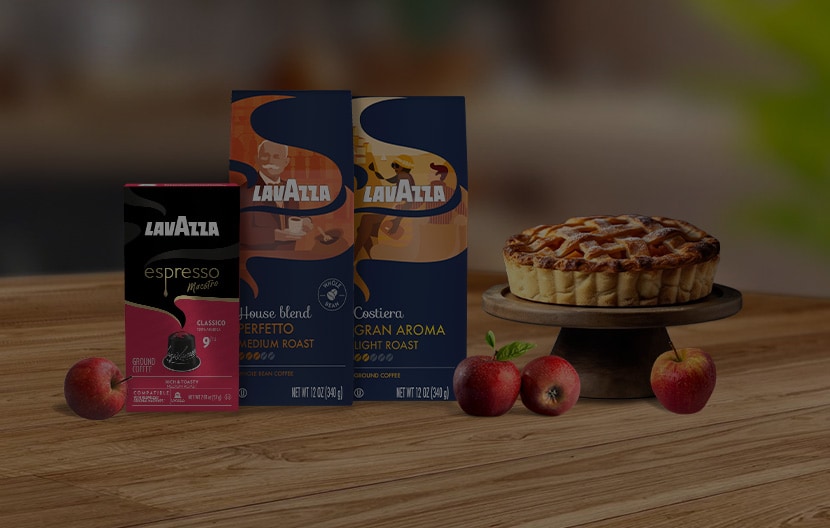*Lavazza is not affiliated with, endorsed or sponsored by Nespresso
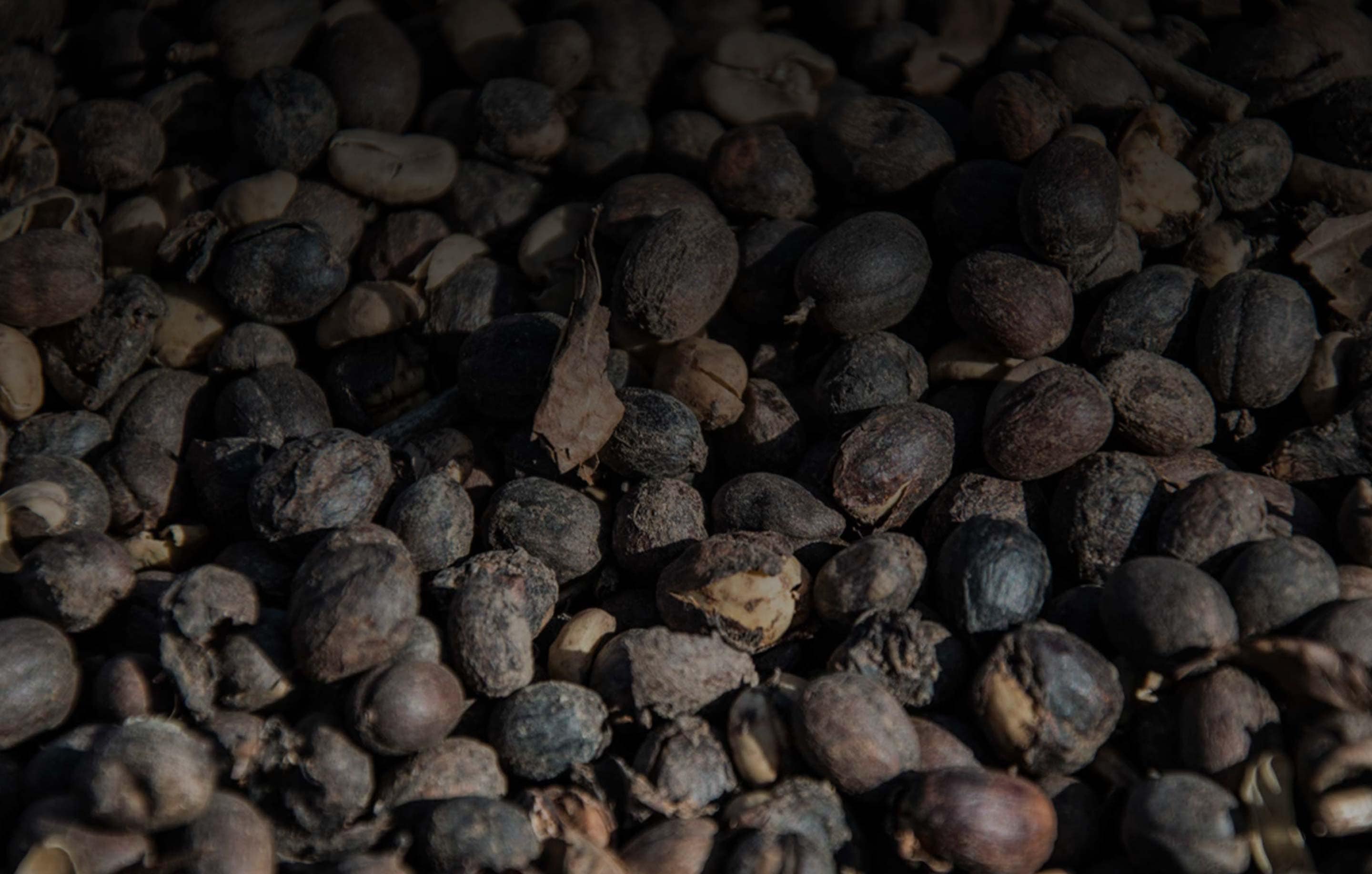
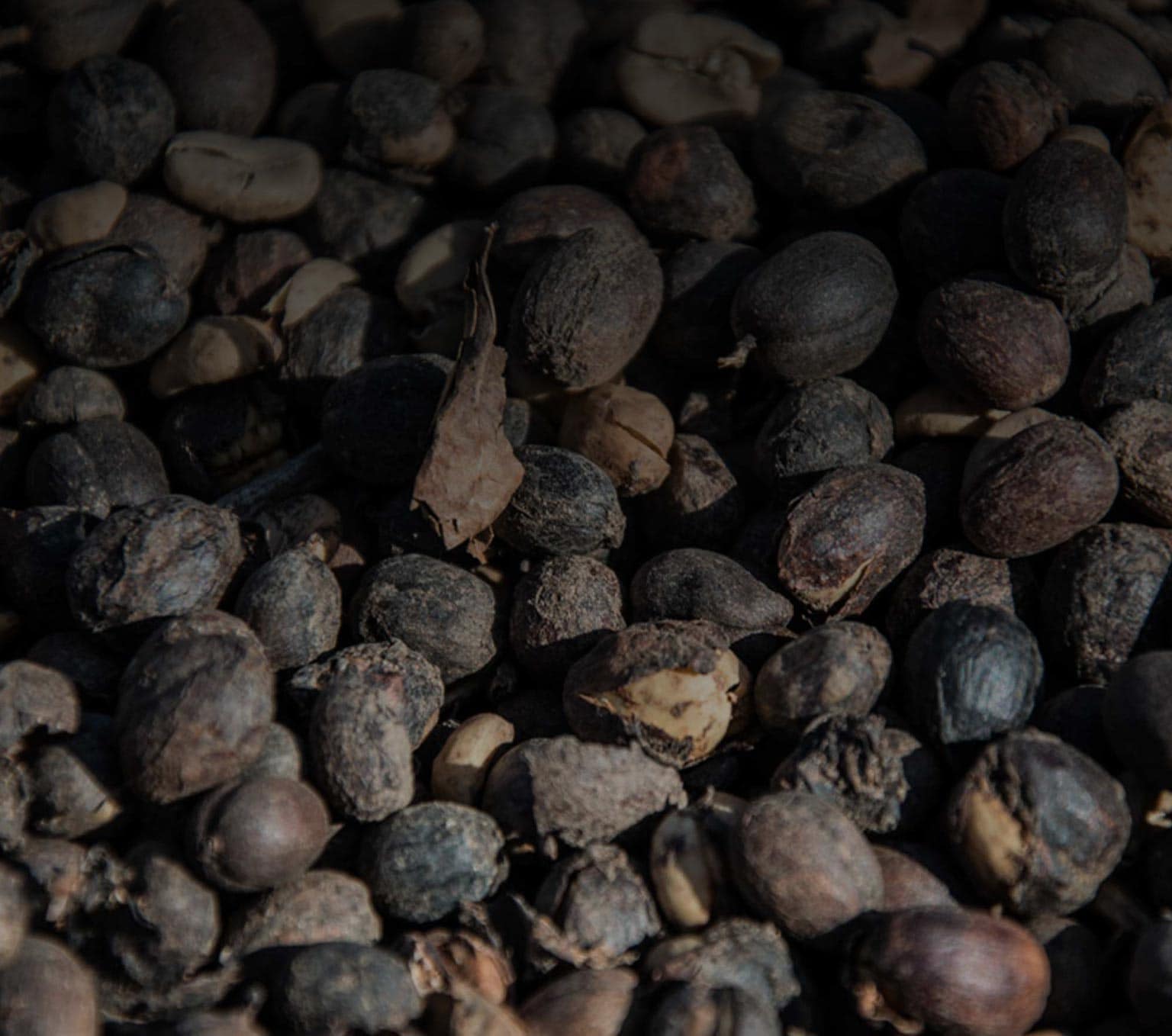
Arabica and Robusta Meaning
In the world of coffee, there are two names regular drinkers will frequently hear: Arabica and Robusta. These two words are often mentioned by baristas or on packaging labels to indicate a type of coffee bean. If coffee is a big part of your life and you take a deep interest in the world of coffee, you might already know that they refer to different species. Both came from different plants and therefore have a different taste when processed into drinks.
The question remains: What is the meaning behind each name? Why were they given such names? Let’s understand the Arabica meaning and Robusta meaning more deeply.
Arabica Coffee Meaning
There’s a long history to coffee, and the name Arabica goes back to where it was rumored that the beans originated—in the Arabian Peninsula. Some also believe that the beans were first cultivated in the same region. The plant species later being named Coffea arabica. Leading to the Arabica coffee meaning referring to the plant species name.
Contrary to popular belief, Arabica beans actually originated in Ethiopia's highlands in what was formally the Kingdom of Kaffa. The Kingdom name itself became the basis of the word coffee. The locals stumbled upon the Arabica plant, and after consuming the beans, they realised they had stimulant properties.
As the method of brewing coffee had not yet been discovered, the local Oromo tribe used to crush the beans, mix them with butter, and create sphere-shaped snacks. They were consumed for the stimulant properties of the beans, like how we enjoy coffee today.
The beans were later distributed from Ethiopia to Yemen and lower Arabia, where they were cultivated for the first time. Some Arab scholars started documenting the practice of brewing coffee after the arrival of the plants. The name ‘Arabica’ came from the beans’ connection to Arabia, where it first gained popularity.
100% Arabica Meaning
When you shop for coffee beans at the supermarket, you’ll sometimes find packaging labelled ‘100% Arabica’. 100% Arabica coffee meaning that the beans contain no Robusta and only Arabica beans.
Before the middle of the 20th century Arabica wasn’t marketed with a 100% label, but then Robusta came into the market. Robusta production increased and spread worldwide, and companies wanted to find a way to inform customers that they were buying coffee made only from Arabica beans. Furthermore, the label was their way to ensure that customer could see the quality of their products.
It’s incorrect to say that Arabica beans are of superior quality, but everything depends on your taste preferences. Buying coffee beans labelled with 100% Arabica means you’ll get pure Arabica beans without any Robusta mixed in. That’s all there is to the label.
Robusta Coffee Meaning
Robusta beans come in second place to Arabica when discussing their popularity. The Robusta coffee meaning connects to the characteristics of the Coffea canephora plant, which produces the beans. The reason why Robusta got its name was because it’s more robust compared to Arabica plants. They can grow in a more extensive range of environments and are less prone to diseases.
Robusta beans contain double the caffeine amount that you’ll find in Arabica beans. Although caffeine is a stimulant to humans, it also acts more like a pesticide. Robusta plants contain chlorogenic acid, which can ward off insects. These properties of Coffea canephora make them stronger and produce a higher yield than Arabica plants.
The Robusta coffee definition also matches well with the bean's taste characteristics. They’re darker and earthier in flavor, the best match for making darker roasts. Precisely because of its strong and very defined characteristics, Robusta beans are often used for the preparation of a good espresso: in fact, the use of these beans increases the viscosity and therefore the body of the drink.
